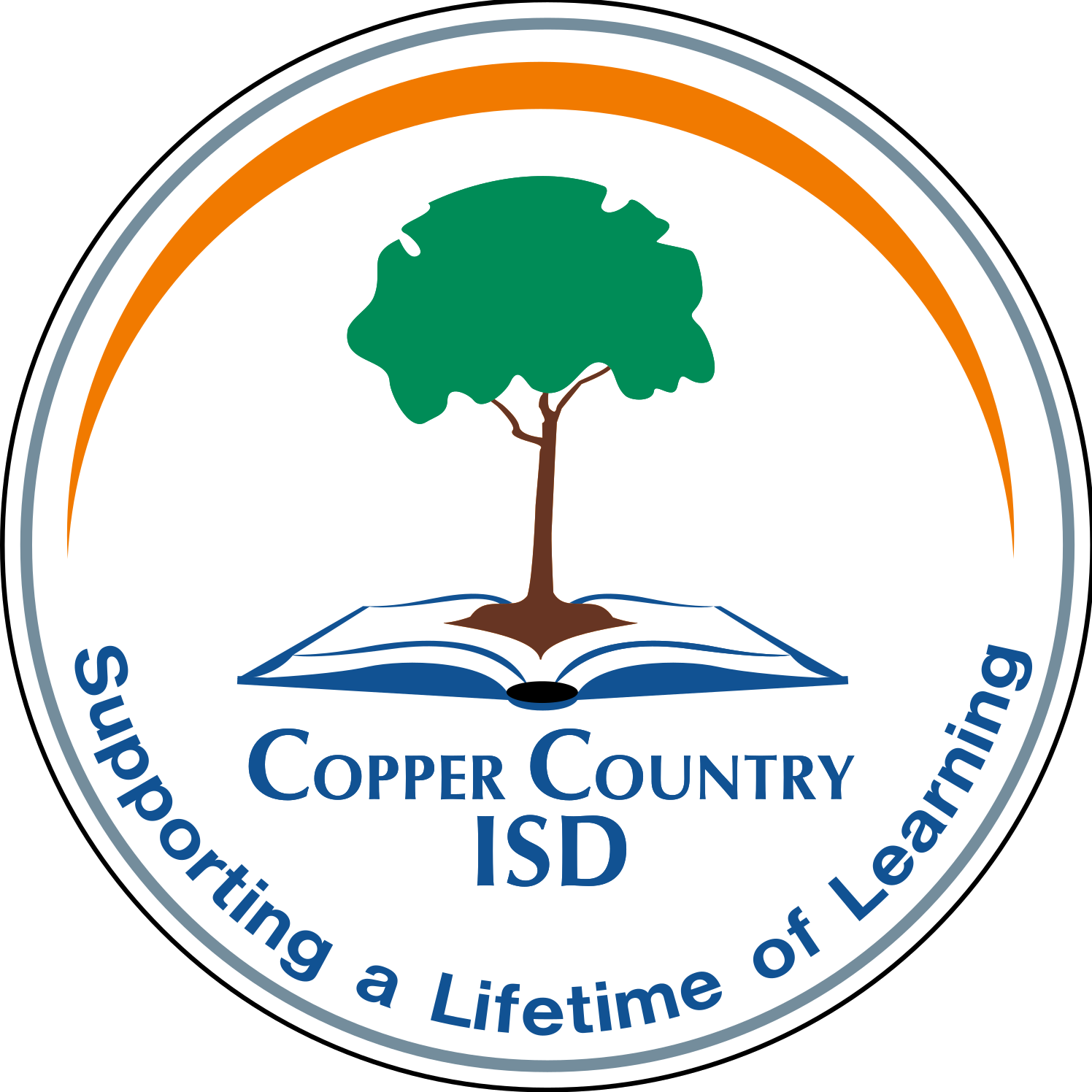The Lake Superior Stewardship Initiative (LSSI) is making a real difference in science education across the Copper Country, thanks to dedicated educators like Beth Squires. By focusing on place-based, hands-on learning, LSSI is fostering environmental stewardship and engaging students in meaningful projects that connect them deeply with their local environment.
Beth Squires, who teaches seventh through twelfth-grade science at Chassell, is a perfect example of this change. Beth's background is diverse—she’s taught in several states and worked in both biology and nursing, bringing those experiences into her classroom.
"I worked for the US Fish and Wildlife Service before becoming a teacher, and those experiences have really fueled my passion for hands-on science education," she said. Despite disliking science when she was a student, an inspiring college professor completely changed her outlook, and now she strives to bring that same sense of transformation to her own students.
Beth's commitment to experiential learning has led to impactful projects like the Biodiversity Project and the Symbiotic Schoolyard Curriculum. With the support of LSSI and local partners like the Keweenaw Wild Ones, students at Chassell have become restoration ecologists, taking on the challenge of restoring biodiversity in their own schoolyard.
"It gives them that hands-on experience," Squires explained. "These projects are connected to their lives and where they live, which provides a much deeper connection."
Students of all ages have been involved in these projects. From seventh graders to kindergarteners, they’ve worked together to plant native wildflowers, raise butterflies, and monitor local wildlife using game cameras and weather stations.
"We wanted to see different species in our school forest," Squires said. "By using game cameras, we could see things that we wouldn't always see if we went out during the day with a large class of students." The data collected is used to monitor wildlife and environmental changes over time, giving students a meaningful project to build on each year
She emphasizes student-driven learning. "That student voice is really a big part," she said. "They tell us what they want to learn or discover, and we develop a plan from there." This approach has increased engagement and led to exciting moments, like the time they captured a six-point buck on one of the game cameras—something that thrilled her students.
The Symbiotic Schoolyard Curriculum, which was added this year, has also helped teach students the importance of biodiversity. With support from Keweenaw Wild Ones, the school planted a native wildflower garden to boost biodiversity.
"The final project is planting a native wildflower garden, which the students have already done this year," Squires shared. "It was a great experience, and we had kindergarten and first-grade students helping out as well."
Success of these programs is in part thanks to the district and administrators’ trust and support of innovative ways to build student achievement across grade levels and the curriculum. The program participants, from teachers through administration, work as a team. The programs make Chassell Township Schools a great place to learn.
Community partnerships have been key to the success of these projects. Beth highlighted how important collaboration with organizations like the KBIC Natural Resources Department, Michigan Tech, and Keweenaw Wild Ones has been.
"It’s great for students to see that science isn’t just something that happens in their classroom—it’s a broader effort across the community," Squires said. “These partnerships help bring new perspectives into the classroom and show students the bigger picture of their work.”
The skills students develop through these projects extend far beyond science. Working on interdisciplinary projects teaches them teamwork, critical thinking, and communication. English teachers help students write nature journals, and yearbook students document their work through photos and videos.
"This is something that goes across grade levels and subjects," she noted, ensuring that students learn a wide range of skills that will serve them well in the future.
Squires hopes to keep expanding these projects, involving more students, and strengthening community connections. "I've never had a class that didn’t like what we're doing," she said. "Each year, the students bring new ideas, and we add on to the project. It’s their project as much as it is mine, and I want them to feel that sense of ownership and pride."
The Lake Superior Stewardship Initiative, through the work of educators, is enhancing science education while also inspiring the next generation of environmental stewards. By giving students the chance to connect with their environment and make a real difference, these projects are preparing them not just for academic success but also for their roles as informed, responsible citizens.
For more information about the Lake Superior Stewardship Initiative and the transformative projects happening in local schools, visit www.lakesuperiorstewardship.org.


